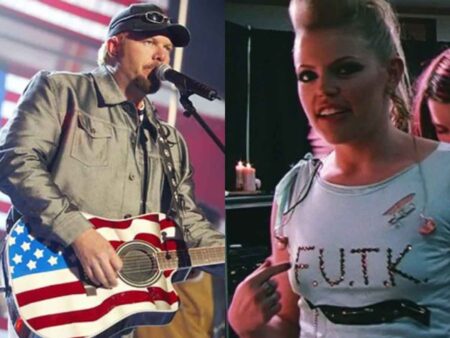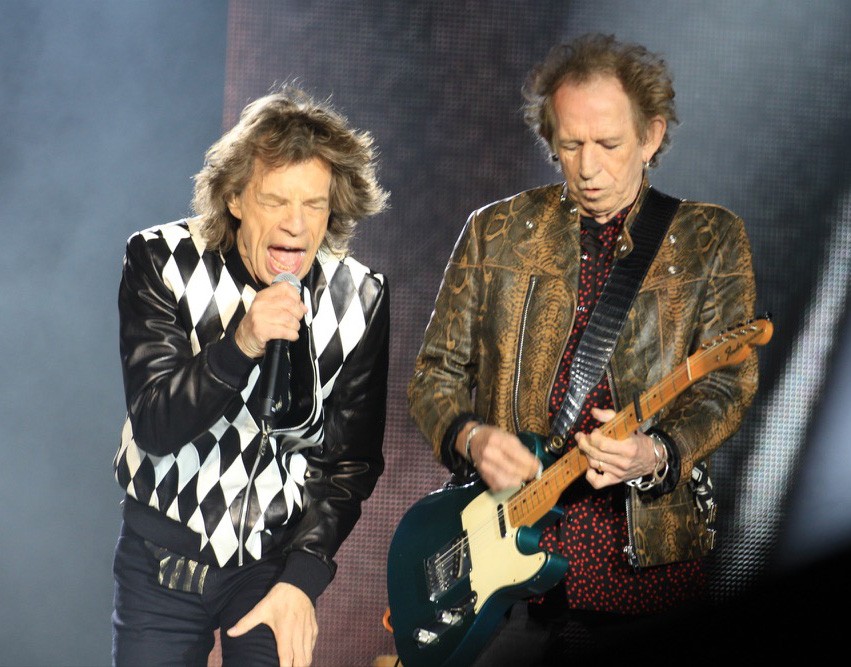In 1989, Dimebag Darrell Abbott received a call that could have changed his career overnight. Dave Mustaine of Megadeth wanted him on guitar. At the time, Megadeth was one of the biggest names in thrash metal. But Dimebag had one condition: his brother, drummer Vinnie Paul, had to come with him. Mustaine declined—he had already hired Nick Menza. So Dimebag turned the offer down.
That moment said everything about who Dimebag was. He wasn’t just a shredder or a rising star. He was a brother first—and it was that loyalty, combined with his raw talent and infectious personality, that made him one of metal’s most beloved figures.
Contents
Brotherhood Before Fame
Dimebag’s refusal to leave Vinnie Paul behind kept the Abbott brothers together in Pantera, the band they had formed back in 1981. At the time, Pantera was still evolving, having started as a glam metal act in the vein of Van Halen. Dimebag, then known as “Diamond Darrell,” already showed flashes of brilliance, but it wasn’t until the arrival of vocalist Phil Anselmo and a stylistic shift toward heavier music that Pantera found its true identity.
The Abbott brothers’ bond was more than familial—it was foundational. Their creative chemistry powered every major moment in Pantera’s rise. Turning down Megadeth was risky, but in hindsight, it may have been the best decision of Dimebag’s career.
From Teenage Prodigy to Metal Icon
Darrell Lance Abbott began playing guitar at age 12, inspired by the likes of Eddie Van Halen and Ace Frehley. He quickly made a name for himself in local competitions, often beating far older, more experienced players. His blend of technical skill, stage presence, and tone stood out from the start.
By the time Pantera began releasing albums in the mid-’80s, Dimebag had already developed a signature style: fast, aggressive, and surprisingly melodic. But it wasn’t until the release of Cowboys from Hell in 1990 that the world really took notice.
Forging the Groove Metal Blueprint
Cowboys from Hell didn’t just mark a turning point for Pantera—it helped redefine heavy metal itself. At a time when thrash was at its peak and grunge was about to explode, Pantera carved out a new path: groove metal. Anchored by Dimebag’s down-tuned, percussive riffs and Vinnie Paul’s thunderous drumming, the band brought an unprecedented sense of rhythm and punch to metal.
Dimebag’s tone—thick, gritty, and precise—was the heart of this sound. Songs like “Cemetery Gates” showed his range and finesse, while “Walk” became one of the most iconic riffs in metal history. With albums like Vulgar Display of Power and Far Beyond Driven, Pantera didn’t just succeed—they dominated.
The Man Behind the Guitar
Offstage, Dimebag was as vibrant as his playing. Known for his wild humor and relentless pranking, he had a reputation for keeping spirits high, no matter how intense the tour. One favorite gag involved gluing quarters to the floor and watching as crew members tried to pry them up.
Then there was the “Black Tooth Grin,” Dimebag’s infamous drink of choice—whiskey and Coke, strong and simple. It became something of a signature among fans and fellow musicians alike.
Despite his larger-than-life persona, those who knew Dimebag describe him as kind-hearted, generous, and deeply devoted to his friends, family, and fans. He brought joy not just through his playing but through the energy he carried everywhere he went.
Tragedy on Stage
After Pantera disbanded in 2003, Dimebag and Vinnie Paul formed Damageplan, aiming to continue their musical journey together. But on December 8, 2004, that journey ended in tragedy. During a Damageplan show in Columbus, Ohio, Dimebag was shot and killed onstage by a disturbed fan. He was just 38 years old.
His death sent shockwaves through the music world. Fans, fellow musicians, and entire communities of metalheads mourned the loss of a player whose talent was matched only by his heart.
The Legacy Lives On
Today, Dimebag Darrell is remembered not just for his revolutionary playing, but for his spirit. He remains a frequent name on lists of the greatest guitarists of all time. Events like Dimebash, held annually in his honor, gather some of the biggest names in rock and metal to celebrate his music and raise money for causes he cared about.
His influence continues to shape the sound of modern metal. Bands cite him as a key inspiration, and his riffs are still studied by young players chasing that elusive mix of aggression and groove.
More than anything, Dimebag Darrell is remembered for his unwavering loyalty. The same loyalty that made him turn down a career-changing offer, just so he wouldn’t have to leave his brother behind. That decision kept Pantera intact—and changed the course of metal forever.



